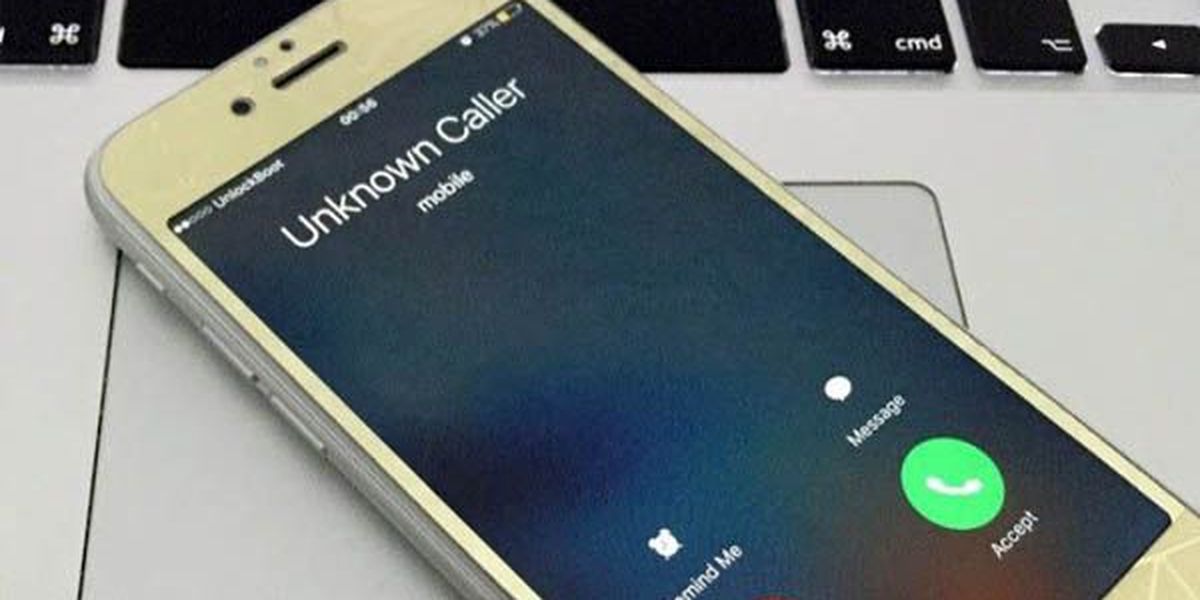How to know it's a Scam
The IRS (and any authorized third party employed to make collections) will never:
- Call to demand immediate payment using a specific payment method such as a prepaid debit card, gift card, or wire transfer. The IRS does not use these methods for tax payments. Generally, the IRS will first mail a bill to any taxpayer who owes taxes. All tax payments should only be made payable to the U.S. Treasury, and checks should never be made payable to third parties.
- Immediately threaten to bring in local police or other law-enforcement groups to have the taxpayer arrested for not paying.
- Demand that taxes be paid without allowing the taxpayer to question or appeal the amount owed.
- Ask for credit or debit card numbers over the phone.
If a taxpayer doesn’t owe taxes and has no reason to think they do:
- Do not give out any information. Hang up immediately.
- Contact the Treasury Inspector General for Tax Administration to report the call. Use their IRS Impersonation Scam Reporting web page.
- Report the caller ID and/or callback number to the IRS by sending it to [email protected] (Subject: IRS Phone Scam).
- Please report it to the Federal Trade Commission. Use the FTC Complaint Assistant on FTC.gov. Add "IRS Telephone Scam" in the notes.

